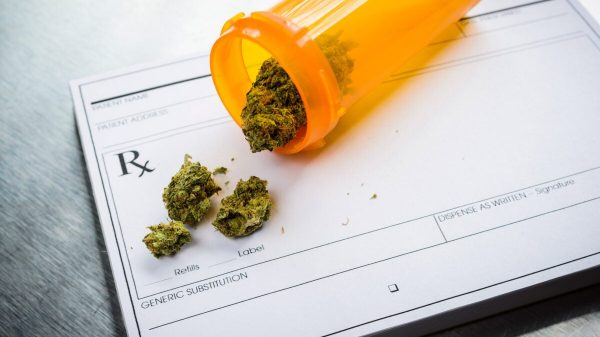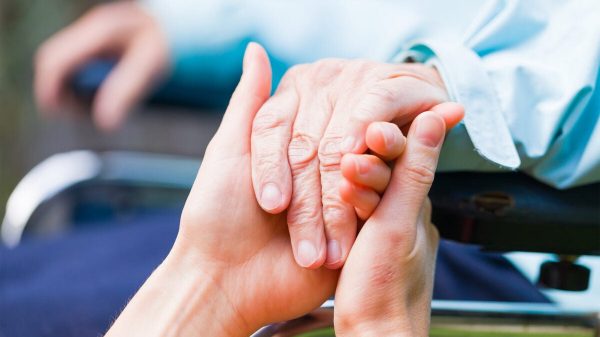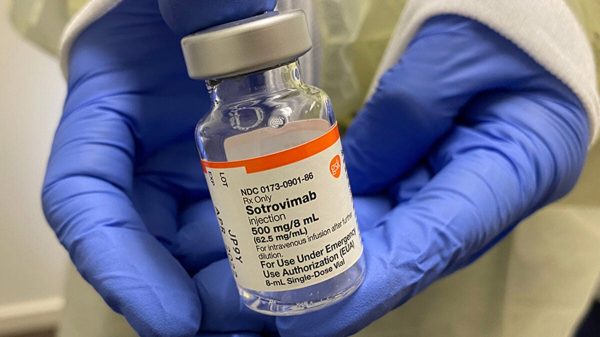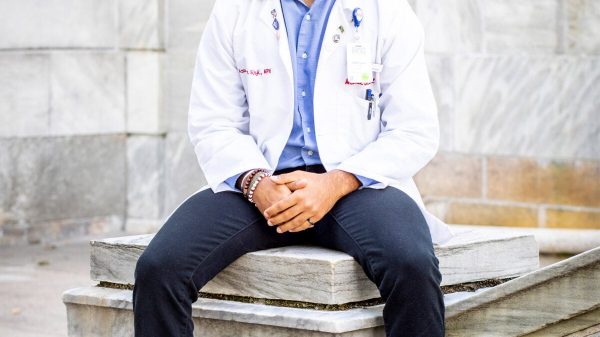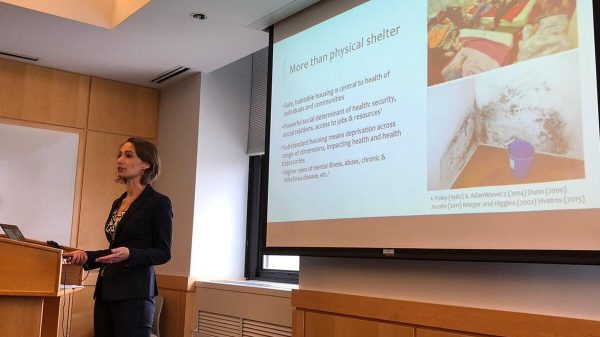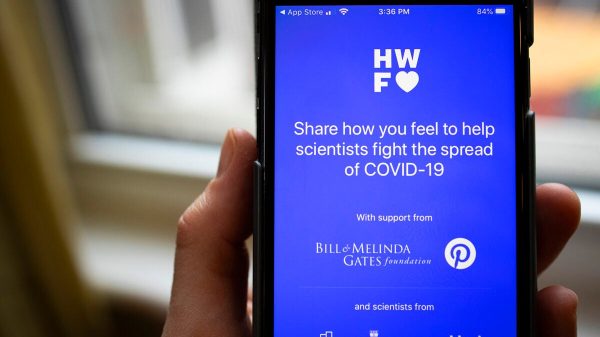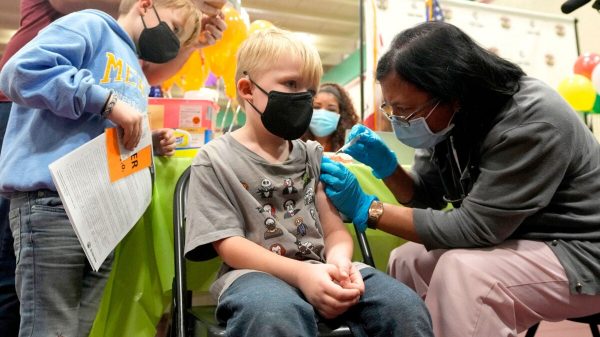Home from school and separated from peers during crucial developmental phases, young children and adolescents were clearly among the people most negatively impacted, in various ways, by the pandemic lockdowns. But early indications offer some additional, less-expected observations. Among them are that even before the outbreak hit there had been a trend of rising mental health disorders among young people and that some kids who were already wrestling with emotional issues actually seemed to do better during the pandemic.
Those insights formed part of the discussion by child psychiatric epidemiologist Tamsin Ford on Wednesday, as she addressed “The Impact of the COVID-19 Pandemic on Children’s Mental Health,” part of the Harvard T.H. Chan School of Public Health Population Mental Health Forum Series.
This crisis is still too recent for most research to be conclusive, Ford cautioned Karestan Koenen, professor of psychiatric epidemiology at the Chan School and the seminar’s host. In addition, Ford, who is affiliated with University of Cambridge, drew primarily from studies in the U.K.
A series of national surveys funded by the Department of Health in England did provide a baseline for looking at children’s mental health, however. These surveys, done in 1999, 2004, and 2017, revealed some troubling underlying trends. For example, while the physical health of children and young people up to age 24 gradually improved over this period, their mental health declined. “We were seeing a small but statistically significant increase in emotional disorders,” in particular, depression and anxiety. “And this is before we hit the pandemic,” Ford said.
What has happened since is difficult to study. A dearth of studies on children, she said, has been complicated by the problems of conducting research or large-scale surveys during a pandemic. “There’s a real issue in that we didn’t know,” she said. “All our statistical assumptions are based on having a probability sample.”








